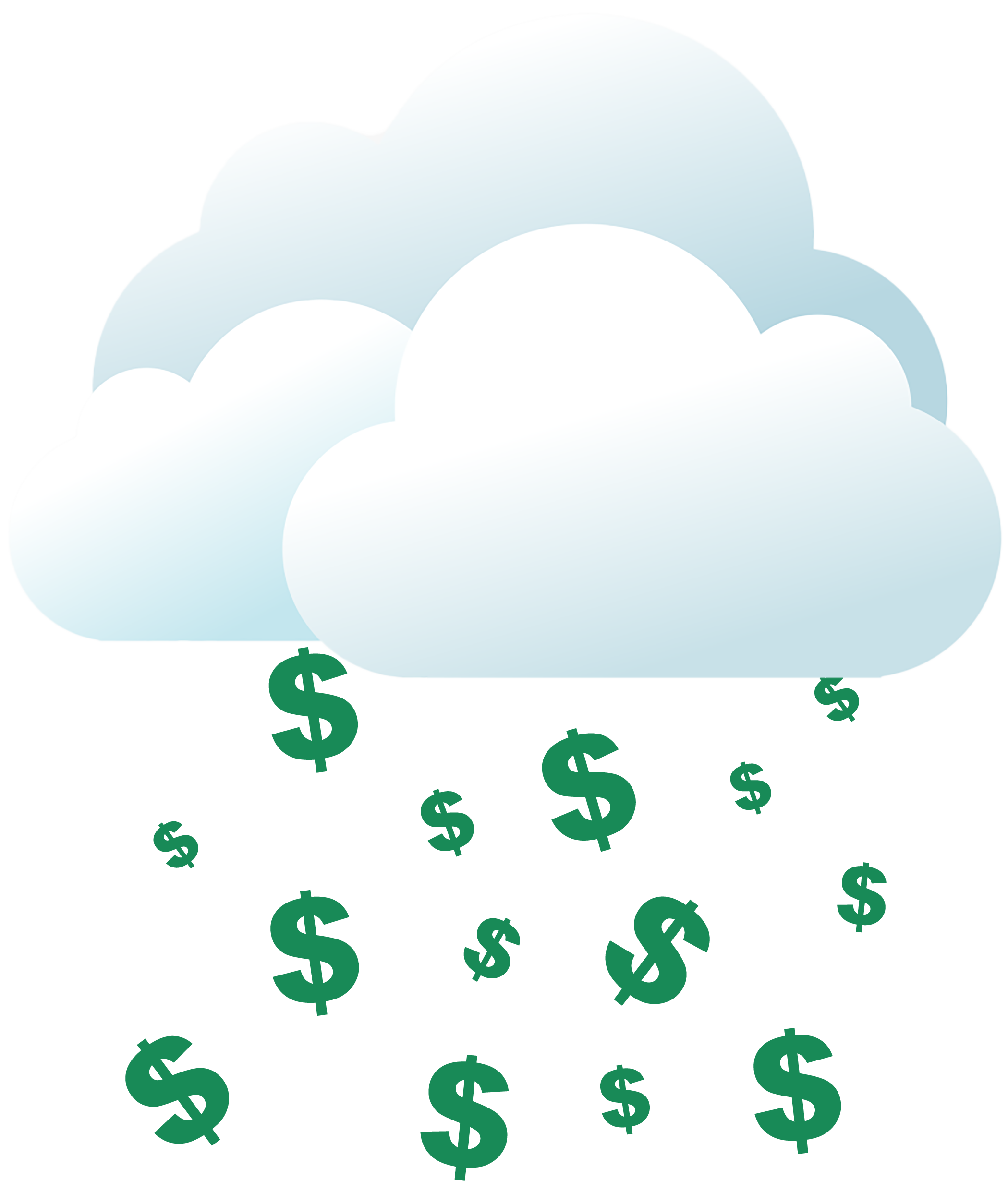At Cloud Renewals, we help organizations take control of their Oracle spending, both on-premise and in the Cloud. With decades of experience, we offer expert guidance on new purchases, support renewals, and SaaS contract negotiations. Our team’s deep understanding of Oracle’s pricing models and service offerings enables us to drive down costs while ensuring that our clients receive optimal value from their Oracle investments.
Helping you procure from Oracle
We understand that negotiating with Oracle can often feel like a daunting process, using complex terminology that may seem like a form of blackmail. Our goal is to guide you through every step of this process, alleviating stress and helping you reduce your Oracle spend.
Our team of experts, including top-tier ex-Oracle employees with decades of experience, is here to support you across all Oracle solutions—ERP, CX, HCM, SCM, MFG, and EPM. We are committed to building long-lasting relationships with our clients, helping them achieve their budgetary goals and maximize the value of their Oracle investments.
With decades of expertise, we know how to navigate Oracle’s pricing models to deliver real savings. Reach out to us today, and let’s work together to reduce your Oracle spend.
.
Buying from Oracle can be a bit challenging, depending on your needs, the complexity of the products, and how comfortable you are with enterprise-level purchases. Here’s why it might feel tough:
1. Complex Pricing Models
- Custom Pricing: Oracle doesn’t always provide transparent or standardized pricing. Many of its products, especially cloud services and enterprise software, require custom quotes based on the size, scope, and specific needs of the buyer. This can make it hard to figure out what the final cost will be without engaging with their sales team.
- Licensing Complexity: Oracle uses complex licensing structures that can be difficult to navigate. The cost of software licenses, cloud services, and support contracts may depend on factors like the number of users, amount of storage, and specific product features, requiring careful analysis.
2. Long Sales Process
- Enterprise Focus: Oracle primarily targets large enterprises, which means the buying process is often more formal and extended than with consumer-focused companies. You may need to work with multiple people: sales representatives, legal teams, and technical consultants. The process often involves several rounds of negotiation.
- In-depth Discussions: Oracle will likely want to understand your specific business needs in detail. This often means meetings, demos, and discussions about how Oracle solutions will integrate with your existing systems.
3. Contractual Requirements
- Negotiations: Oracle’s contracts can be complex and sometimes difficult to understand, with multiple terms related to pricing, renewal rates, and support services. Negotiations are usually required to get the best deal.
- Commitments: In many cases, Oracle requires longer-term commitments, such as annual or multi-year contracts, which may not work for every organization. This can add a level of pressure to sign agreements quickly, which some businesses might find difficult.
4. Support & Service Options
- Upselling: Oracle may try to upsell or cross-sell additional products or services, which can be overwhelming, especially for small to mid-sized businesses.
- Support Fees: Support services often come with extra costs, which can add to the overall expense. Depending on the level of support you require, it can become an ongoing cost commitment.
5. Customer Experience
- Complex User Interface: Once you’ve made the purchase, you might find Oracle’s products, especially its cloud offerings, to have a steep learning curve. Their user interfaces, documentation, and support materials might not always be intuitive.
- Training and Onboarding: Many Oracle products require significant training or hiring of specialized personnel. Some customers find the onboarding process cumbersome.
6. Integration and Customization
- Complex Implementations: Oracle’s software often requires heavy customization or integration with other systems. Businesses that don’t have technical expertise may find it difficult to implement Oracle solutions without significant help from consultants or Oracle’s own services.
7. Cloud Transition
- Moving to Cloud: If you are buying Oracle’s cloud services (Oracle Cloud Infrastructure, Oracle Autonomous Database, etc.), the process can feel challenging due to the rapid pace of Oracle’s cloud transformation. Unlike traditional software, where you own licenses, cloud services involve a more complicated pay-as-you-go model with ongoing billing that can be difficult to estimate and manage.
Conclusion
Let’s be blunt, buying from Oracle is difficult. Organizations unfamiliar with enterprise software, complexity of the products, pricing, and the sales process will make it feel more challenging. Combined with the numerous contract terms that can be triggered, engaging with our team early and utilizing our expert advice will help navigate these obstacles and truly control your Oracle spend.

